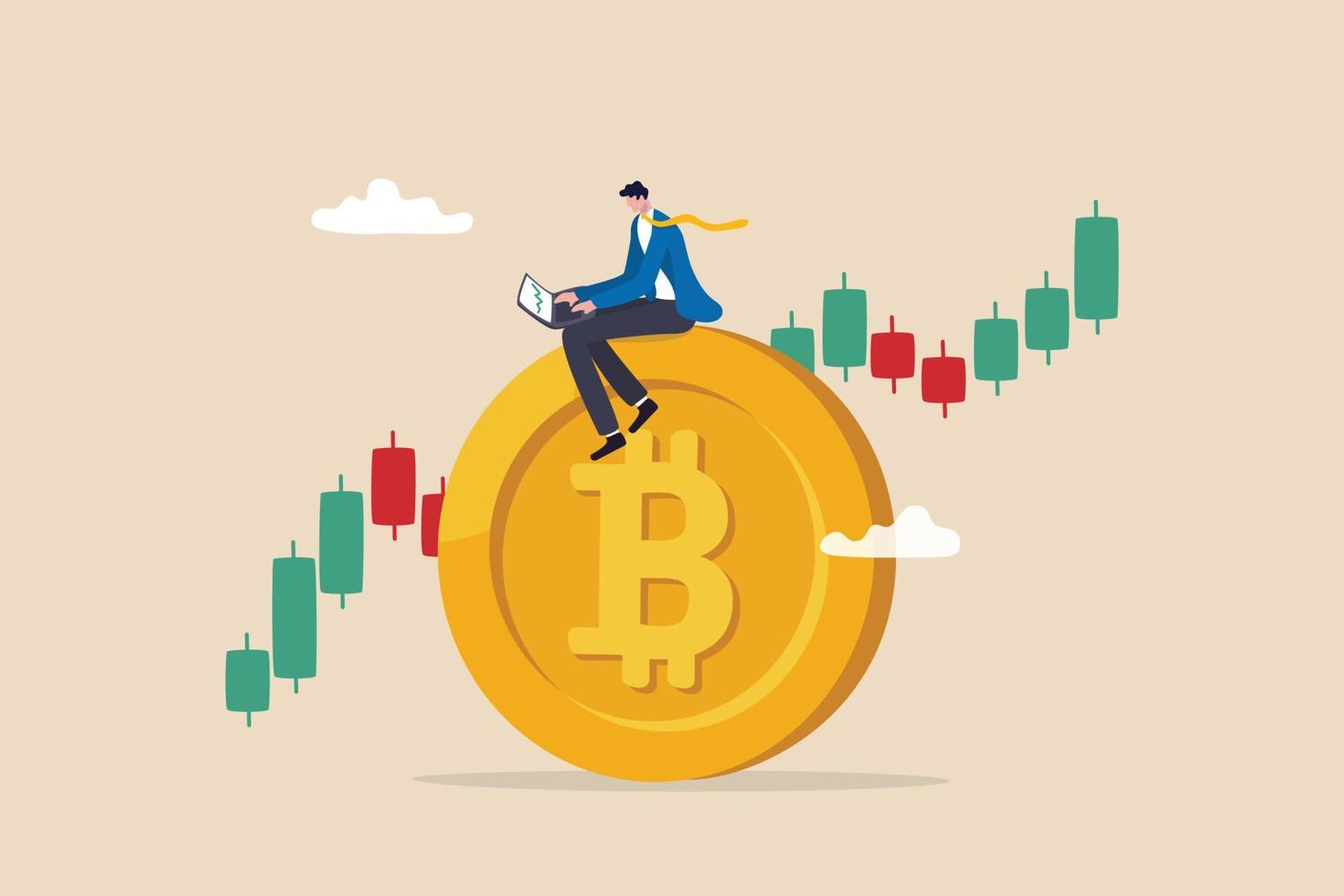Four out of five Americans would rather have the U.S. government keep Bitcoin Over Gold as a reserve asset, in a startling change that denotes a new era of financial perspective. Once seen as fringe in conventional financial circles, this emerging consensus highlights the fast mainstream acceptance of cryptocurrencies and reflects a rising mistrust in fiat-backed systems and the long-standing supremacy of precious metals such as gold.
Under the direction of Bitcoin enthusiast and fund manager Natalie Brunell, the well-known polling company Harris Poll asked opinions from a wide cross-section of American adults across several political affiliations, economic levels, and backgrounds. The results imply a significant change in American perspective on digital age value, national reserves, and economic stability.
Why Do Americans Lack Confidence in Gold?
Traditionally, gold has been a hedge against inflation and a sign of prosperity. From prehistoric societies until the Bretton Woods Agreement, gold has been fundamental in world economy. But in recent years—especially since the Nixon Shock of 1971—the U.S. dollar has not been supported by gold, which has resulted in more fiat money production and national debt.
Trillions of stimulus money during the COVID-19 epidemic and a developing worldwide de-dollarization issue have caused the recent inflation spike to drive people to rethink the value of conventional reserves like gold. For many, gold is still a consistent source of value; nevertheless, in a society headed toward digital banking it is more perceived as fixed.
Bitcoin the 21st Century Digital Gold
Often referred to as “digital gold,” Bitcoin has a few benefits over actual bullion. It is distributed widely over borders without middlemen, finite, with a maximum quantity of 21 million coins, and decentralized. Furthermore, it runs on blockchain technology, which improves openness and confidence—qualities that are highly relevant in a period of financial policy instability.
The state of the finances right now has attracted fresh interest in alternative assets. The line separating speculative asset from real reserve tool keeps blurring as BlackRock and Fidelity surge into crypto markets and authorities including the U.S. Securities and Exchange Commission (SEC) approve Bitcoin ETFs.

Survey Highlights American Views Right Now
According to the poll, eighty percent of participants agree with the U.S. diversifying its reserve assets by adding Bitcoin. Fascinatingly, younger generations—especially Millennials and Gen Z—showered the highest degrees of excitement; more than 90% of individuals between the ages of 18 and 35 chose Bitcoin over gold. Among older groups as well, a sizable number revealed openness to a digital reserve approach.
Many things drive this shift Issues regarding loss of buying power and inflation. Increased knowledge and instruction on blockchain technologies. Disappointment with centralized control and conventional financial institutions .Trust in Bitcoin’s mathematical and algorithmic integrity of issuing The poll also revealed that party affiliation had less of an impact than one would have expected. Both left- and right-leaning people admitted the benefits of Bitcoin, therefore attesting to a rare point of bipartisan agreement.
Geopolitical and economic environments driving Bitcoin sentiment
This general acceptance of Bitcoin is set against a background of growing de-dollarization worldwide. Globally trading nations such China, Russia, and Brazil are aggressively looking for substitutes for the US currency. Globally, people’s confidence in fiat currencies is declining, hence people are looking more and more at digital assets as a workable long-term fix.
Furthermore raising privacy issues are central bank digital currencies (CBDCs), such those tested in China and Europe. For those cautious about governmental overreach, however, Bitcoin’s permissionless, pseudonymous, and non-sovereign character makes a strong argument.
Major companies such Tesla, MicroStrategy, and Block, Inc. have also included Bitcoin on their balance sheets, therefore validating its place in corporate treasury management at the same time. Retail investors closely monitor these choices since they indicate more general institutional confidence.
How Would a Treasury Supported by Bitcoins Look?
Should the United States start turning gold reserves into Bitcoin, the consequences would be historical. It would represent a formal embrace of digital assets as part of national financial infrastructure and maybe change world monetary policy.Technologically, the United States may set a standard by including blockchain into budgetary control, therefore improving reserve management efficiency and transparency.
Such an action might set off a chain reaction among central banks all around, leading them to diversify into Bitcoin as a counterpoint against fiat risk. It might also affect the U.S. dollar’s global reserve currency status, either strengthening it by creativity or complicated it among currency conflicts.
Bitcoin mining Reversals and Issues
Though there is hope, significant obstacles still exist. Policymakers still mostly worry about volatility; Bitcoin often shows double-digit percentage fluctuations within days. Another major obstacle is regulatory clarity, particularly given ongoing discussions over jurisdiction and classification among the IRS, SEC, and Commodity Futures Trading Commission (CFTC).
Often mentioned criticisms are cybersecurity risks and the effects Bitcoin mining has on the environment. Some of these issues are addressed, though, by miners’ increasing drive for proof-of-stake alternatives and improvements in the acceptance of renewable energy sources.
Final Thoughts
The rising acceptance of Bitcoin over gold among Americans points to a basic shift in the way value is seen and conserved. The U.S. has a chance to lead rather than follow as financial digitization picks speed. Though political and logistical obstacles to trading gold for Bitcoin still exist, public opinion is clear: Americans desire a future in which technological innovation, openness define economic policy. This change has consequences much beyond what one invests in. They also address national security, world influence, and the fundamental fabric of the financial sector.


